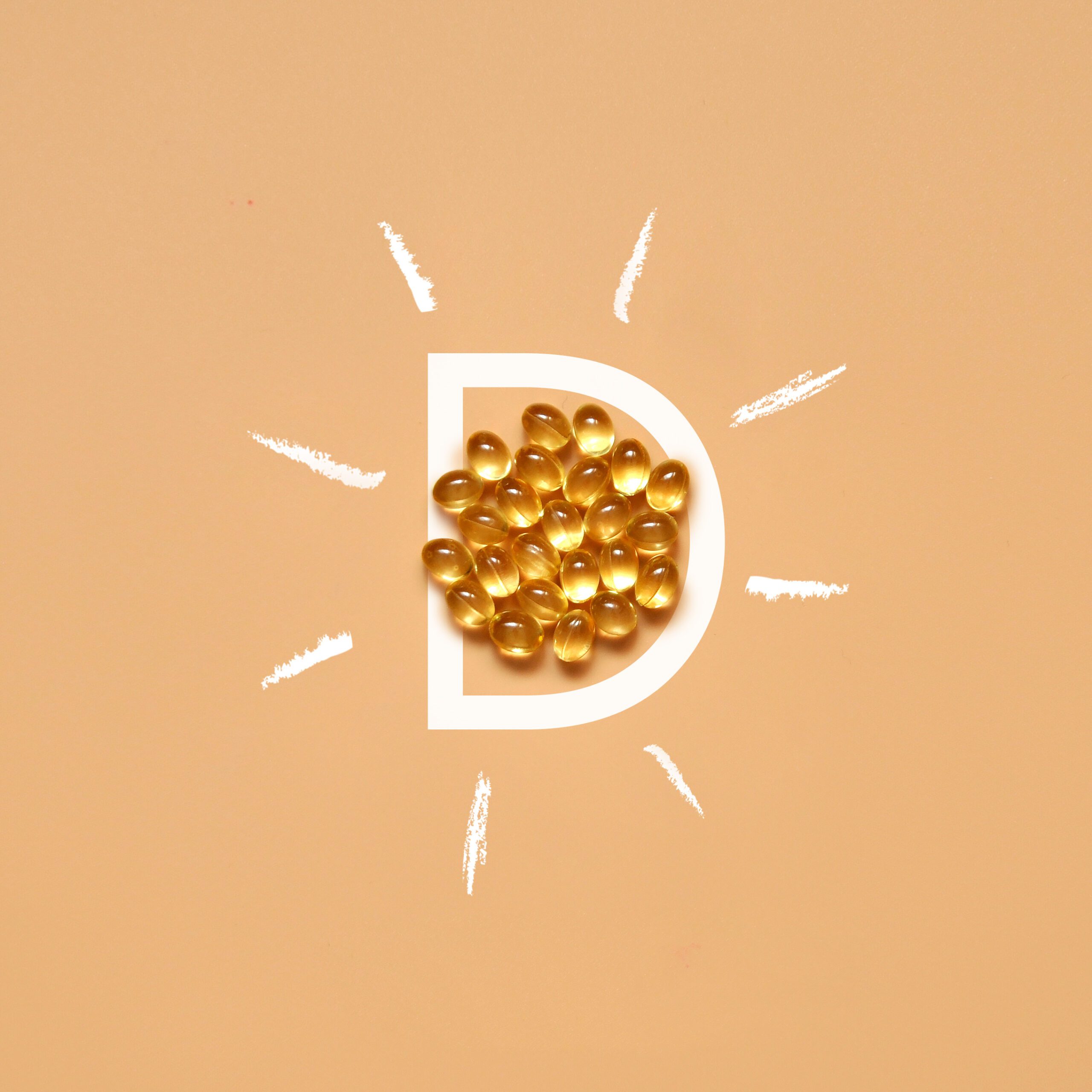
A new research study has found that because older adults have a lower overall level of vitamin D in their systems, they need to take higher doses to get back into balance. The study also determined that the best way to regain that balance is to take vitamin D supplements.
The study, entitled Correcting Poor Vitamin D Status: Do Older Adults Need Higher Repletion Doses of Vitamin D3 than Younger Adults found that in order to correct the vitamin D deficiency in older adults, they must take significantly more than their younger-adult counterparts.
Why is Vitamin D So Important?
Vitamin D helps the body to absorb calcium, which plays a role in the development of strong bones and teeth. This can significantly reduce the risk of developing osteoporosis, and other bone degenerative diseases. However, beyond the role that Vitamin D plays in bone health, the compound has also been shown to reduce hypertension, reduce the risk of developing cancer, and it mediates the inflammatory processes common in many autoimmune diseases. Vitamin D is a special compound that helps the body maintains the levels of calcium and phosphorus in the blood.
This research study documented that vitamin D deficiencies are becoming an epidemic across the globe. This is likely due to large shifts in lifestyle choices. In order to help protect yourself from vitamin D insufficiency, a dietary supplement is needed.
Dietary Supplements
Vitamin D often comes from exposure to the sun—our skin cells generate the compound when they are exposed to ultraviolet light. But many people understandably wear sunscreen, which can block the body’s natural vitamin D production process. The research study concluded that for many older adults (over the age of 65) who are vitamin D deficient, a daily dose of 125 mcg is needed. Compare that with the dose needed for patients who are 65 and under: they need only 50 mcg per day.
These recommendations are for patients to maintain their vitamin D3 levels after a stabilization regimen is implemented. Initially, adults over 65 years of age will require an initial mega-dose of 12500 mcg (or 12.5 mg), followed by a few months of 1250 mcg dosages.
Vitamin D3, when given in the form of oral supplements, mega-dosing, and injection is significantly better than other vitamin D preparations at replenishing overall vitamin D levels in the body. In fact, regardless of the age of the patient, any other form of vitamin D seems to fail to achieve the restoration of normal vitamin D levels.
Adverse Effects
The current study found that at the dosages recommended, patients experienced no adverse effects from taking the vitamin D3 supplements. In order to protect yourself from side-effects, it is recommended that you take supplements at the recommended dose—too much vitamin D can cause calcium to become too concentrated in the blood. This, in turn, can lead to hypertension, digestive issues, fatigue, and the calcification of soft tissues. Before taking vitamin D supplements, discuss your diet and lifestyle with your doctor to determine the right dose for your body.

A new study suggests that a widely used sugar substitute found in diet sodas, chewing gum, and low-sugar yogurt may elevate insulin levels. This could increase the long-term risk of heart disease. “Artificial sweeteners have infiltrated nearly all types of food, making it crucial to understand their long-term health effects,” said Yihai Cao, senior author […]

Diet Coke has long been a fan-favorite among soda lovers who want a fizzy, guilt-free alternative to traditional soft drinks. While its zero-calorie, zero-sugar label makes it seem like a healthier option, the reality is far more concerning. Despite its undeniable popularity, Diet Coke’s nutritional profile has raised red flags among health experts for years. […]

New study shows that embracing an anti-inflammatory, plant-forward diet can support cognitive function and help reduce the risk of dementia. What You Eat Shapes Your Brain The food you eat doesn’t just impact your body—it also affects your brain. Research suggests that eating an anti-inflammatory, plant-based diet can help improve memory, focus, and overall brain […]